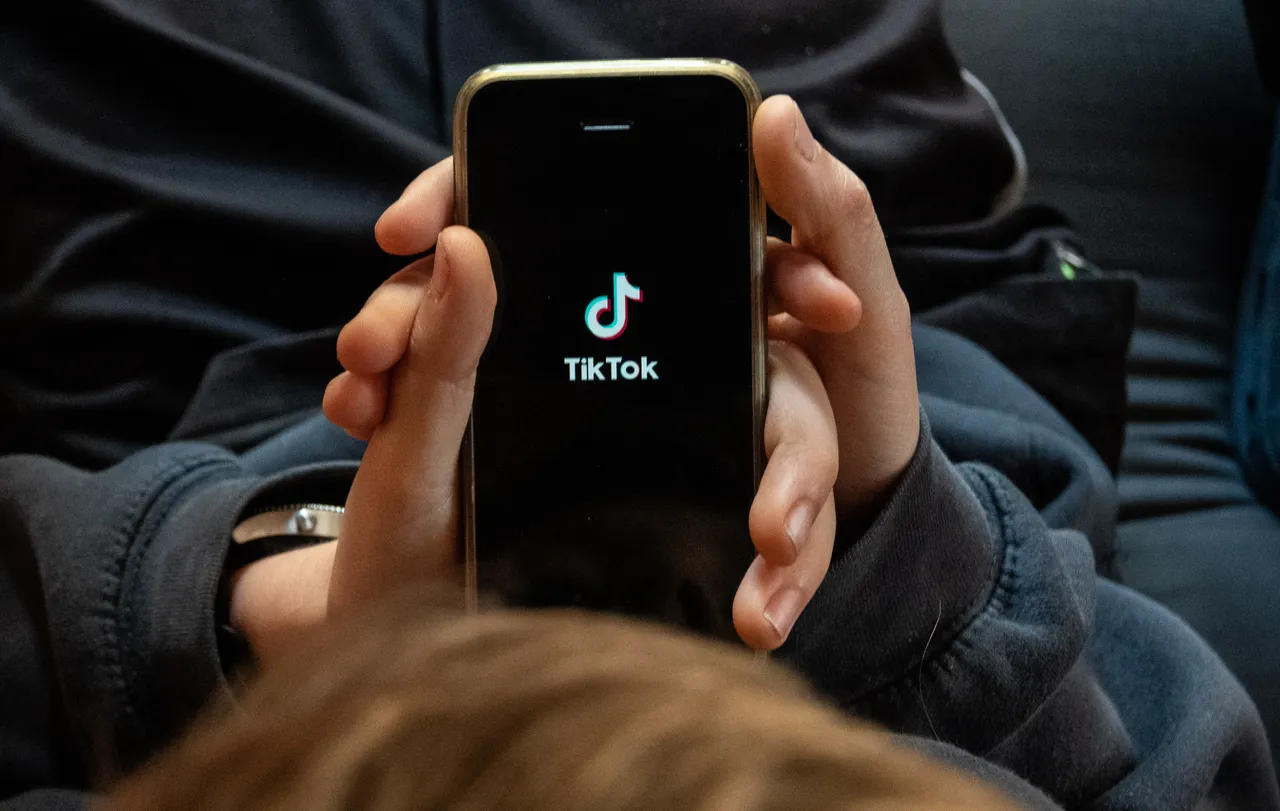The Indian gambling market is now a billion dollar industry. Last year, Qrius reported that the volume of gambling activities in the country already reached a value of over $5 billion USD. Around $1.7 billion are made from online gambling.
When it comes to popular gambling activities, Indians seem to have the knack for online betting. Fantasy Sports is one of the fastest-growing sectors and a major key player in the biz is Dream 11.
India now has one of the biggest online gambling markets and it’s no wonder why many international betting sites have already penetrated the local scene. However, is online gambling legal to begin with?
Let’s take a look at which states have legal online gambling and more about India’s gambling world.
Current Online Gambling Legislation in India
India’s gambling industry is regulated based on the Public Gaming Act of 1867. This law basically states that common gaming houses in the United and Central Provinces. And so, it’s illegal to run local gambling operations within those territories.
Since this law was passed in 1867 when the internet was still non-existent, it has no mention of gambling online.
However, Indian states are free to regulate any gambling activities if they choose to include the ones online. For a long time, this was something that nobody paid attention to.
When a law was passed, regulating the country’s online activities in 2000 (The Information Technology Act), that too had no mention of online gambling.
It was only over the last few years when certain states have looked into the industry because it’s been significantly growing, especially during the start and peak of the COVID-19 pandemic.
With this happening, there are already localities that pushed for an online gaming ban including Telangana and Andhra Pradesh.
In these states, anyone breaking the law will be fined or be imprisoned up to a year.
States Where Gambling Activities Are Regulated
While there are states pushing for an online gambling ban, there are places where online gambling is legal or at least partially.
- Sikkim – The local government of Sikkim has the ability to issue sports betting and casino licenses to online operators. Online gambling activities are fully legal including games of skills and chance in Sikkim.
- Goa – The state of Goa allows land and online gambling activities. It’s a popular tourist destination for gambling enthusiasts.
- Daman and Diu – Daman and Diu have a few land-based casinos that are operating legally, but it doesn’t regulate online betting.
- Nagaland – Online games categorized under games of skill like poker and rummy are legal in Nagaland based on the Nagaland Prohibition of Gambling and Promotion and Regulation of Online Games of Skill Act of 2016.
- Meghalaya – In Meghalaya, online games including poker, rummy, and bridge are also allowed and regulated.
While these five states have legal gambling within their territories, local operators should still be licensed to be able to offer their services. Meanwhile, offshore online casinos can only offer their services in India if they are accepting Indian Rupees.
Will Online Gambling be Regulated Throughout India?
While there are five states that regulate certain gambling activities, the rise of online gambling has prompted certain states to impose a blanket ban instead.
First on the list are Telangana and Andhra Pradesh which banned online gaming in 2020. The following year, Karnataka and Tamil Nadu followed suit and also imposed a ban on online gaming.
However, this was short-lived for both states as the High Courts ended up striking both ordinances.
According to the bench, a blanket ban is unconstitutional as it prohibits people from getting into their chosen profession.
Both states were also unclear about the categorization of online games and which ones are banned.
When it comes to why both states want to prohibit online gambling activities, it’s because of the risks that it comes with. There is an increase in gambling addiction which resulted in many people having huge debts because of gambling.
Suicide cases related to gambling also increased, and there are also reports that students are also starting to get affected by the popularity of online gaming.
Wrapping Up
Karnataka and Tamil Nadu’s determination to ban online gambling in India could push other states to do the same thing. However, since there are still states that allow online betting, there’s still a good chance that the industry will be regulated instead.
As of now, it’s hard to say whether Indians will end up regulating online gambling activities. Stakeholders in the industry will have to wait and see how Karnataka and Tamil Nadu’s push for online gaming ban will conclude as it’s likely that their cause will be heard this March.























